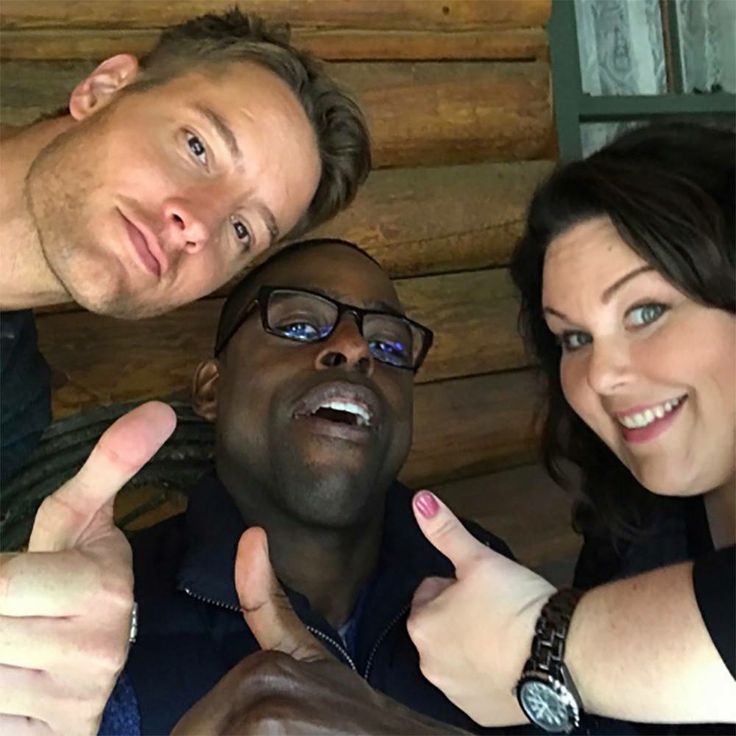
Not every television series needs to have an ensemble cast, and a show like Tracker is arguably at its best when it remains focused on its single central character. After all, that’s why audiences continue to tune into the CBS procedural. Justin Hartley’s Colter Shaw is an enjoyable protagonist whose interactions with locals in every state he visits makes the show unique compared to other procedurals on television. And yet, Colter needs his team to help solve each new case, even if Tracker often struggles to utilize these characters in an effective way. Going into its third season, that needs to change.
Why Season 3 Is a Turning Point for Tracker
If you’ve been following Tracker since its debut, you know it’s packed with suspense, grit, and a hero with a nose for the truth. But let’s be real—Colter Shaw is not a lone wolf anymore. He’s part of something bigger. So why is his team still being treated like background noise? Season 3 has a golden opportunity staring it in the face: Reassess the dynamic of Colter’s team and make them shine. Let’s break down why this matters and how it could redefine the series.
What’s Holding Tracker Back?
The Lone-Wolf Narrative Is Getting Old
Sure, Colter’s a rugged, resourceful survivalist. We love that. But the solo-hero trope? It’s been done to death. The team’s been introduced—now it’s time to let them breathe.
Underutilized Supporting Cast
Characters like Reenie, Velma, and Bobby bring different flavors to the table. Yet, they’re often reduced to tech support, comic relief, or emotional baggage. That’s a missed opportunity.
Colter’s Team Is a Powerhouse Waiting To Explode
Every Team Member Has a Superpower
-
Reenie: She’s sharp, intuitive, and can read a situation faster than Colter can load his truck.
-
Velma: The digital whiz. She can hack, track, and dig up skeletons from anywhere.
-
Bobby: The heart. He brings empathy, humor, and the emotional intelligence Colter lacks.
A Balanced Team Is a Resilient One
Just like a well-tuned engine needs every cylinder firing, Tracker needs to give each team member their moment in the spotlight. Let them lead cases. Let them fail and grow.
What Fans Are Saying (And Why Writers Should Listen)
Social media’s buzzing with fans wanting more depth from the supporting cast. It’s no longer just “Colter saves the day.” Audiences crave complexity and connection.
The Psychology of Ensemble Power
We Relate More to Teams Than Lone Heroes
Modern storytelling has evolved. Think Stranger Things, The Boys, Yellowjackets. Audiences love flawed, dynamic teams that mirror real-life relationships.
Colter Doesn’t Have To Be the Alpha All the Time
By letting the others step up, Colter becomes more relatable and—ironically—more heroic. Vulnerability is strength, not weakness.
Strategic Benefits of a Team-Centered Plot
Keeps the Series Fresh
New dynamics = new stories. Imagine a storyline where Velma takes the lead and Colter follows. That twist would shake things up in the best way.
Increases Rewatch Value
Fans return to shows where they feel emotionally invested in every character. Make the team indispensable, and you’ve got binge-worthy gold.
What Needs To Change in Season 3
Give Team Members More Screen Time
Simple, but effective. Let each team member carry the narrative occasionally. Trust the audience to follow.
Show Their Backstories
Backstory builds loyalty. Where did Reenie come from? What made Velma the tech genius she is? We want to know!
How To Reframe The Show Without Losing Colter
Let’s be clear—nobody’s saying Colter should disappear. But by making him part of a real team, not just the frontman, the show gets stronger. Think of him as the quarterback, not the entire team.
Story Arcs That Could Redefine Season 3
A Mission Gone Wrong Without Colter
Give the team a solo mission. Let them mess up. Let them succeed. Either way, growth happens.
Inner Team Conflict
Friction makes fire. Internal conflict among the crew could lead to some of the show’s most emotional moments.
Tapping Into Real-World Themes
Diversity and Collaboration
In a world that thrives on cooperation, Tracker has the chance to mirror reality. Each team member represents a slice of society. Use that to tell bigger stories.
Marketing Potential of a Stronger Team Focus
Spin-Off Opportunities
Build up the team enough, and boom—you’ve got material for future spin-offs, crossovers, or prequels.
More Merch, More Fandom
Fans love to rep their favorite characters. Let Reenie, Bobby, and Velma shine, and the merch will follow.
Lessons from Other Series That Nailed the Ensemble Formula
Criminal Minds
They balanced their cast perfectly, rotating who took the lead without losing focus.
NCIS
Every character was indispensable, and the chemistry sold the show.
Behind-the-Scenes Recommendations for Writers
-
Introduce Micro-Arcs: Let the team have personal stories outside the main mission.
-
Use Dialogue to Show Growth: Don’t just show action—show change.
-
Balance the Screen Time: Don’t just tell us who’s important. Show us.
Final Thoughts – This Is The Moment To Evolve
Tracker is sitting on a goldmine of character potential. Colter’s team is more than sidekicks—they’re the secret weapon. Season 3 can either double down on the solo act or pivot toward a deeper, richer ensemble show.
The choice will define the future of the series.

Conclusion
It’s time for Tracker to evolve. The lone-wolf era was cool while it lasted, but Colter’s team is ready to step into the spotlight. With the right writing, pacing, and emotional arcs, they can transform the show into something unforgettable. Season 3 isn’t just a new chapter—it’s a chance to rewrite the rules. Let’s hope the writers take it.
5 Unique FAQs
Q1: Why hasn’t Colter’s team had more development so far?
A1: The early seasons focused on building Colter’s character, but that came at the cost of sidelining the team. It’s time for balance.
Q2: Who could take the lead in future episodes besides Colter?
A2: Velma or Reenie would be perfect. They’ve both shown the smarts and emotional layers to lead cases.
Q3: Will fans support a more ensemble-focused Tracker?
A3: Absolutely. Audiences today love layered teams and diverse character arcs.
Q4: What risks come with changing the show’s focus?
A4: There’s always a risk in shifting tone, but with the right storytelling, the payoff could be huge.
Q5: Could a team-driven plot open doors for spinoffs?
A5: 100%. Develop the side characters well enough, and spinoffs become not just possible—but highly anticipated.